
Penn LDI CICADA Initiative Names Researchers for 2024-2025 Cohort
Seventh Year of Program that Recruits, Mentors and Develops Junior Faculty for Health Services Research
Training researchers in health services research as it applies to aging Americans.


The Center for Improving Care Delivery for the Aging (CICADA) is one of a national network of 18 Resource Centers for Minority Aging Research (RCMAR) funded by the National Institute of Aging (NIA). CICADA’s essential goal is to recruit, mentor, and develop individuals into accomplished, independent research scientists.
We focus on the discipline of health services research, concentrating on the organization, financing, and delivery of health care for older adults. This process begins by funding pilot research projects undertaken by RCMAR Scientists. This is accompanied by extensive mentoring, research training, career support, and skills development opportunities. Since its founding 21 years ago, more than 400 research scholars have come through the RCMAR program, most going on to academic research careers.
“I am deeply grateful to be an alum of the CICADA program and credit it with a lot of my development as an aging researcher and assistant professor. Our mentors are top-notch and continue to be devoted to our success as researchers in both formal and informal ways. In addition to learning through formal workshops how to navigate academia, effectively present research, and secure research funding, we received feedback on research and coaching for interviews. I also found valuable the monthly meetings where fellow CICADA scientists shared research; because of our diverse research interests, I gained insight into other aspects of aging research.”

Salama Freed, PhD, MS, Assistant Professor of Health Policy and Management, George Washington University
“This experience not only provided the necessary research funding, mentoring, and training support, as a Penn CICADA Scientist, my peer network expanded significantly to include collaborations with health services researchers and multidisciplinary colleagues in aging that continue beyond the scholarship period. These meaningful connections and resources have been the key to achieving academic career goals, transitioning from assistant professor to tenured associate professor in the School of Nursing, and most importantly, to strengthening my current work to include sustainable and equitable approaches to HSR community-based research that impacts the lives of Latino elders and their families.”

Adriana Perez, PhD, CRNP, Associate Professor, Penn Nursing
“When I was applying for the CICADA program, I hoped to receive mentorship from knowledgeable senior scientists and funding to support my proposed research. I did receive that mentorship and funding, which served to further my career and grow as an independent investigator. What I didn’t expect was getting to become part of a compassionate, dynamic community of peers. My fellow CICADA alumni are my collaborators, co-authors, and co-investigators; they are my friends, role models, and support system. Being a part of CICADA was life changing!”

Eleanor Rivera, PhD, RN, Assistant Professor, Nursing, University of Illinois Chicago
“CICADA has been committed to my professional success from the first day that I began my tenure as a CICADA Scientist in 2018 till today, years beyond completing my tenure as a CICADA scientist. Over the years, I have received in-depth mentorship and sponsorship such as faculty search guidance, career development award application support, facilitation of networks and collaborations, and provision of important resources that I would have not had access to outside of CICADA, that have all been instrumental to the work that I do today.”

Jasmine Travers, PhD, RN, Assistant Professor, Nursing, New York University
CICADA is Penn’s NIA-funded Resource Center for Minority Aging Research (RCMAR), a national program focused on mentoring promising scientists for sustained careers in aging and health equity research. The ultimate goal of the RCMARs is to increase the number of researchers focused on health disparities and the health and well-being of minoritized older adults.
CICADA focuses on training researchers in the priority areas of social, behavioral, and economic research on aging, addressing issues of health equity, care quality, access, and affordability using the methods of health economics and health services research, including quantitative, qualitative, mixed-methods, and implementation science approaches. Because CICADA is housed within LDI, CICADA Scientists benefit from the resources available through LDI’s extensive network of mentors and scholars, research infrastructure, and translation and dissemination support.
Penn’s Center for Improving Care Delivery for the Aging (CICADA) has closed applications for the 2025-2026 cohort of CICADA Scientists. In collaboration with Penn’s Leonard Davis Institute for Health Economics (LDI), CICADA supports promising scientists interested in a career focused on improving health equity and health care delivery for older adults.
Up to three Scientists will be accepted into CICADA for the current cycle. Each Scientist will receive funding of up to $50,000 to conduct a 1-year research project, hands-on mentoring, career development support, and networking opportunities during the award period. See the CICADA Resources tab below to learn about the full set of resources available to CICADA Scientists.
If you have any questions about the center or this RFA, please contact us at CICADA@pennmedicine.upenn.edu.
WHO SHOULD APPLY?
Candidates must be (1) MD (or equivalent) and MD/PhD clinical fellows who have completed their residency, (2) PhD postdoctoral trainees, and (3) MD/PhD, MD, or PhD early-stage faculty [defined as instructor or early-stage assistant professor for less than 3 years at time of application].
Scientists need not have conducted aging research before, but they must be committed to developing new research skills in health services research focused on aging. Applicants can be affiliated with any U.S. university and is not limited to those with Penn affiliations.
FOCUS OF RESEARCH PROJECTS
The 2025-2026 application cycle has now closed.
Candidates will be notified if they have been selected by February 28, 2025. At that time successful applicants will be asked to supply supporting documents (including, but not limited to, IRB approval, human subjects training, enrollment reporting, and other requested materials).
Project support will start July 1, 2025.
APPLICATION INSTRUCTIONS AND REQUIRED DOCUMENTS
Applicants must complete and submit the following required documents by 11:59pm ET on January 17, 2025:
Please contact CICADA@pennmedicine.upenn.edu with any questions.
RESOURCES AVAILABLE TO AWARDED CICADA SCIENTISTS
Who is Eligible to Apply to Become a CICADA Scientist?
Applicants must be post-doctoral researchers and junior faculty. This includes (1) MD and MD/PhD clinical fellows who have completed their residency; (2) PhD postdoctoral trainees; and (3) MD/PhD, MD, and PhD junior faculty [instructors or assistant professor for less than three years at time of application].
Applicants must be committed to developing new research skills in health services research focused on aging. Applicants can be affiliated with any U.S. university and is not limited to those with Penn affiliations.
What is the focus of CICADA pilot project?
Who can I contact for more information?
Please contact CICADA@pennmedicine.upenn.edu.



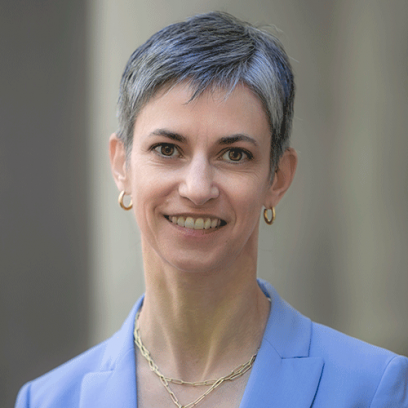
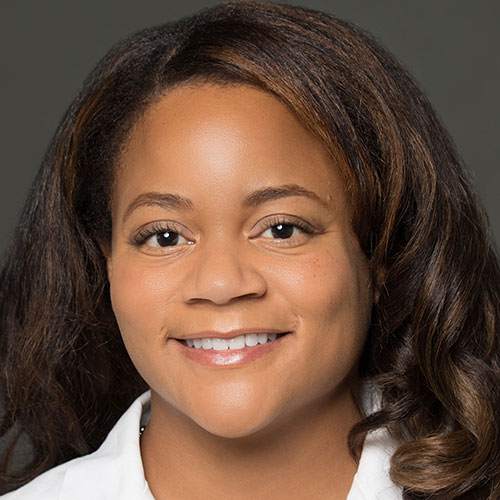
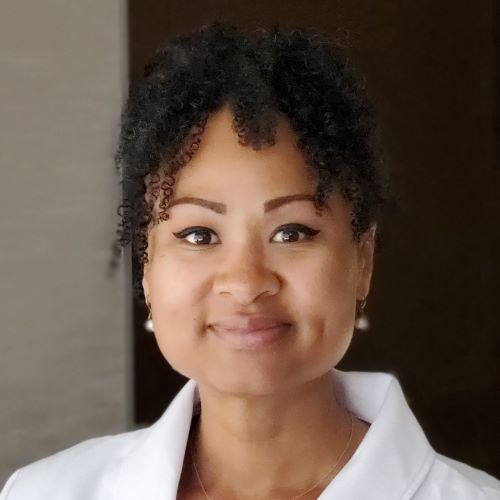
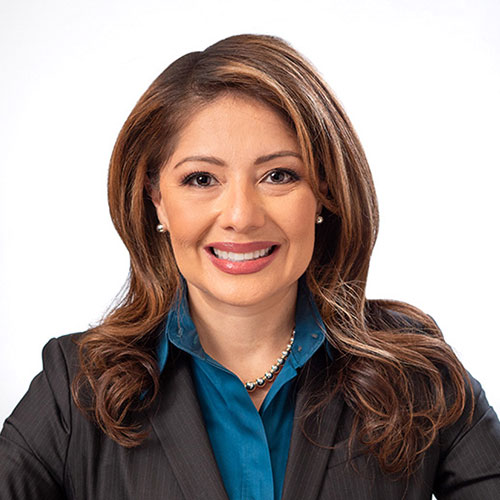
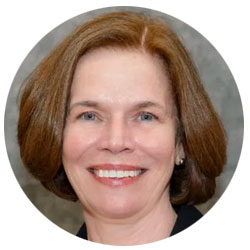
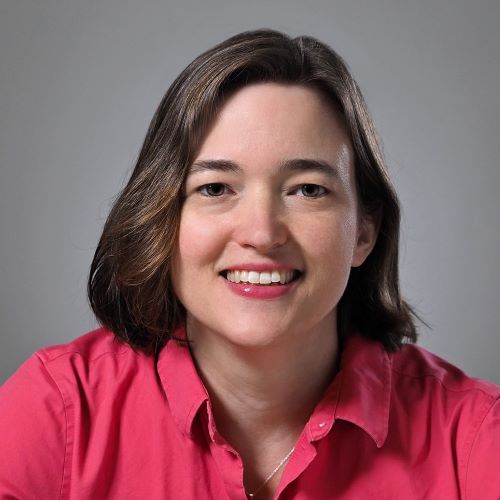





Seventh Year of Program that Recruits, Mentors and Develops Junior Faculty for Health Services Research

Sixth Year of Program that Recruits, Mentors and Develops Junior Faculty for Health Services Research

Fifth Year of Program that Recruits, Mentors and Develops Junior Faculty for Health Services Research
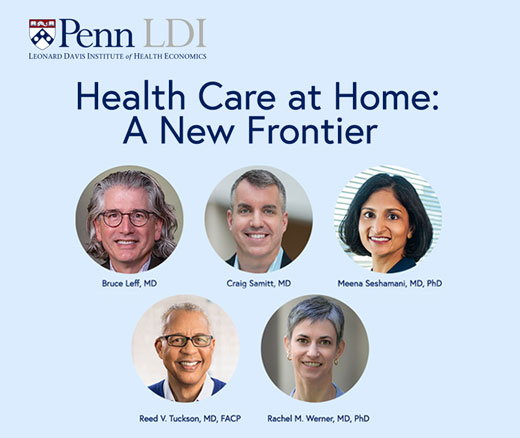
November 18, 2021

Fourth Cohort of Program That Recruits, Mentors and Develops Minority Junior Faculty for Health Services Research
Focus on Regulations, Financing, Quality Measures and COVID Challenges

Program Recruits, Mentors and Develops Minority Junior Faculty for Health Services Research
Cited for “Immense Impact on Students”
National Minority Quality Forum Award Honors Health Care Disparities Mitigation Research Work

Program Recruits, Mentors and Develops Minority Junior Faculty for Health Services Research

5-Year P30 Grant Funds Recruitment and Development of Minority HSR Scientists